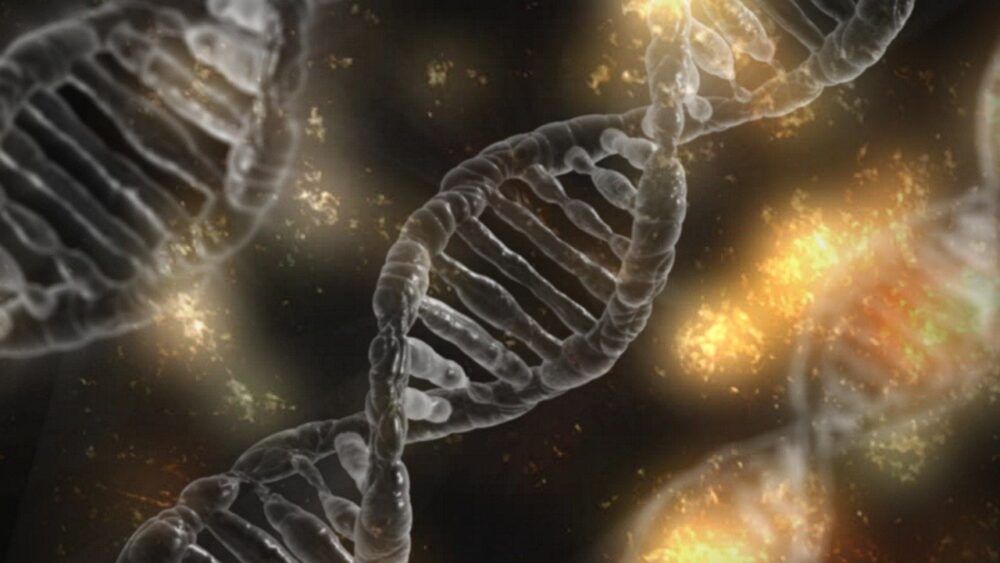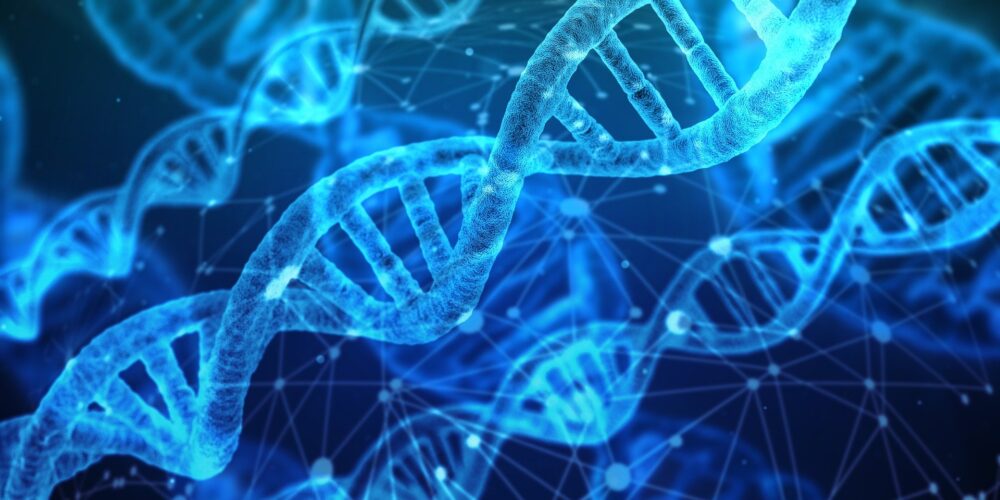Mitochondria: The powerhouse of … life as we know it?
If you’ve taken a biology class, you’ve probably heard that “the mitochondria are the powerhouses of the cell.” That phrase is etched into the memories of millions of schoolchildren. Still, their notoriety is well deserved; these little powerhouses sparked one of the most fundamental events in evolutionary history: the development of the eukaryotic cell. There […]
Mitochondria: The powerhouse of … life as we know it? Read More »








